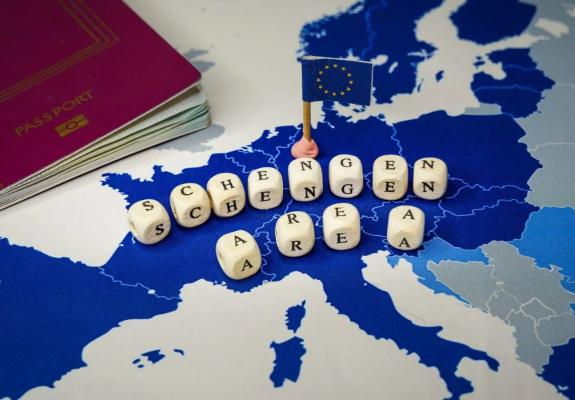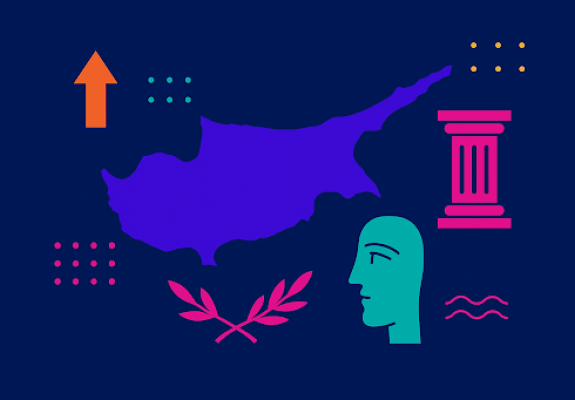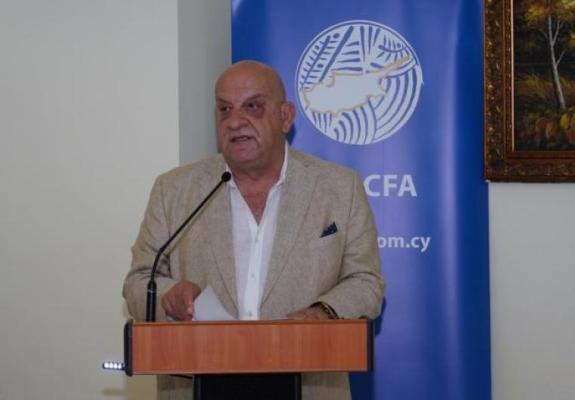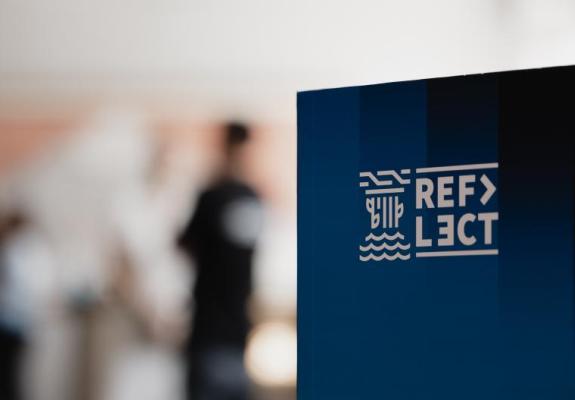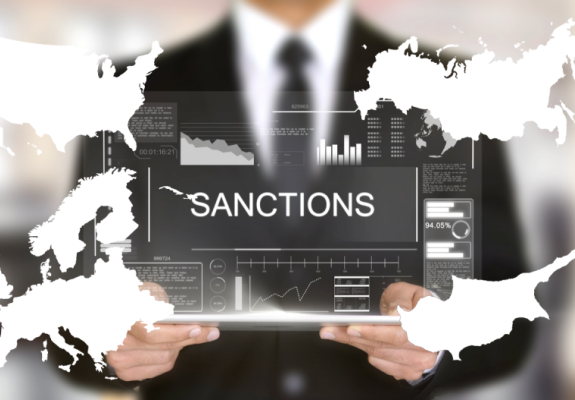Dangerous Draft Laws: Ongoing Threats to Press Freedom in Cyprus Remain Unresolved
Journalists and media bodies warn Parliament about legislative threats to freedom of expression and source protection.
Draft laws and legislative proposals that threaten press freedom are either under discussion or in preparation, representatives of the Union of Cyprus Journalists (UCJ) and the Media Ethics Committee told the House Committee on Institutions during a discussion on the 2024 EU Rule of Law report chapter on the media.
Journalists raised strong concerns over a forthcoming harmonization bill with the European Media Freedom Act. They argue the bill has not undergone sufficient public consultation and distorts both the spirit and the letter of the EU regulation—especially as it allows the Attorney General to lift journalist source confidentiality.
The President of the UCJ, Giorgos Frangos, stated his full agreement with the concerns outlined in Chapter 3 of the European Commission’s report. “We are deeply troubled by Cyprus’s drop from 55th to 65th place in the global press freedom index,” he said.

Frangos addressed several issues highlighted in the report, including the lack of transparency in media ownership. He called for stronger safeguards, warning that media concentration in the hands of a few poses risks to pluralism. He urged Parliament to establish mechanisms that eliminate “shell shareholders” or proxies, noting that significant ownership changes in major media groups often go unreported to the competent authorities.
>>CIReN's New Report Reveals Media Owners in Cyprus<<
He also emphasized concerns over the distribution of state advertising funds. “All criteria must be measurable, objective, transparent, and evaluative,” Frangos stated, stressing that funds should be distributed directly by the Press and Information Office without intermediaries. He noted the critical importance of this issue, saying that the viability of many media outlets “hangs by a thread,” and biased distribution could unfairly favor some while marginalizing others.
Regarding public access to government-held information, Frangos acknowledged that while the legal framework is deemed adequate by the EU report, “we don’t believe it is being properly implemented,” citing excessive bureaucracy, fear of accountability, and formalism in the public sector. The UCJ has received numerous complaints on this matter.
Frangos further criticized several pending or upcoming bills that aim to “control or restrict journalistic content.” He reaffirmed the union’s principled stance that “any deviation from the principle of self-regulation is unacceptable.”
He specifically referred to a defamation bill debated for three years in the Legal Affairs Committee, which faced intense opposition—including letters from the OSCE, the European and International Federation of Journalists, and Reporters Without Borders. Although the bill was frozen, it has not been withdrawn.
>>A First 'Victory' Against the Law Threatening Press Freedom in Cyprus<<
He also referenced a “so-called harmonization” bill being drafted by the Interior Ministry, ostensibly to protect journalists and their sources. According to Frangos, the bill “distorts the meaning and safeguards” of the European regulation and was presented without public consultation. “They sent it to us and asked for written comments within 15 days—this is not a public dialogue,” he said, noting that after backlash, a meeting with stakeholders was scheduled for April 15.
He stressed that the bill endangers the confidentiality of journalistic sources. According to Frangos, the proposed law allows source disclosure by decision of either the Attorney General or the head of the Intelligence Service, lacking the strict safeguards found in the EU regulation, which was shaped through extensive consultation between the European Parliament, the Commission, and journalist organizations.
Additionally, he pointed to another bill under the Interior Committee concerning electoral law, which not only limits the conduct of opinion polls but also how they are reported. “The conduct can be regulated, but the way polls are presented should remain under the journalist’s editorial discretion,” he said.
Frangos concluded by warning: “The legislative framework being developed gives us serious cause for concern.” He called on MPs to remain vigilant to prevent the passage of provisions that could pose threats.
Elli Kotziamani, President of the Media Ethics Committee, said that although constitutional protection of journalists is referenced in the EU report, “the prevailing chaos offers no real protection for journalists’ work.”
On the defamation bill, she noted that not only has it not been withdrawn, but the Ministry of Justice has called for new consultations, and it will return. “It remains unclear whether journalists will be protected or excluded—or whether the bill will continue to infringe on freedom of expression,” she said.
>>IFJ & EFJ: Proposed Cypriot Law Violates Press Freedom Principles<<
Kotziamani mentioned two separate proposals concerning opinion polls, one in the Institutions Committee and another in the Interior Committee, both of which raise concerns about increased control over media and journalists during election periods.
“The issue of who controls journalistic content must be addressed collectively by the state,” she said. She also criticized the Radio and Television Authority’s stringent oversight, calling many of its practices “unjustifiable,” especially as the authority’s board is appointed by the executive branch.
She added that the Press Law is outdated, and efforts to modernize it have stalled. Regarding the new implementation bill, she said, “We do not believe the public consultation process is adequate,” as it only involved select organizations and not the general public. She argued this undermines basic principles of protecting journalists and the media.
On threats and interference, Kotziamani urged state institutions to support the media in the face of the chaos of misinformation, disinformation, and propaganda spreading through social media. “Journalists must be allowed to carry out their work freely,” she said.
She also called for broader stakeholder participation in such discussions, including publishers, digital media outlets, and the Cyprus News Agency.
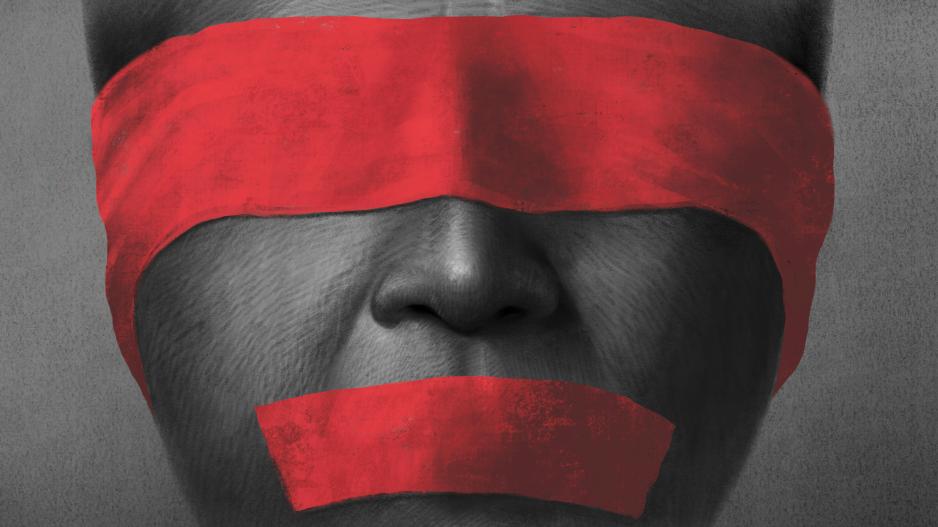
RIK Director General Thanasis Tsokkos agreed with the concerns raised and said a stakeholder meeting on the harmonization bill will be held on April 15 at CyBC, aiming to reach a joint position. He emphasized the need for more groups to join the process, adding, “We’re trying to prevent limitations on journalists and their mission,” and referred to several instances of pressure on reporters.
Commissioner for Information Irini Loizidou-Nicolaidou noted issues with the implementation of the law on public access to information. She pointed out that if authorities fail to respond within a month, citizens have the right to file a complaint, and her office can impose fines as the regulatory body.
Representing the Cyprus Bar Association, Christos Karas highlighted that the European Commission’s report found “no progress or improvements regarding press freedom,” characterizing the findings as highly negative.
Karas noted the report’s mention of a “legal framework for protecting media freedom,” and addressed issues such as state advertising, media ownership transparency, public broadcasters, the outdated Press Law, the stalled press freedom bill, polling regulations, and defamation. He suggested that relevant laws be grouped and monitored holistically.
Committee Chair and DISY MP Demetris Demetriou referred to a case involving threats to a journalist’s life and a broader attempt to “undermine investigative journalism and journalistic opinion via social media.”
AKEL MP Irini Charalambidou, who registered the issue for parliamentary discussion, said she had brought a previous anti-press freedom bill to the attention of the OSCE, which issued a legal opinion. “We live in strange times—we know what’s happening,” she said, citing a journalist’s allegations that anonymous accounts paid by public funds were used to threaten them over investigative reporting.
“Ministers cannot be calling journalists to apply pressure,” she added, urging media owners and editors to shield their journalists. “We have enough laws to protect press freedom. Opening loopholes to control what gets published is unacceptable,” she said.
Speaking after the session, Charalambidou said she was “not surprised” by Cyprus’s drop from 55th to 65th in press freedom rankings, blaming government-backed draft laws. On media ownership, she called for full transparency: “We must know who’s behind what. Shares change hands—we must understand their motives so the public knows who is informing them and why.”

